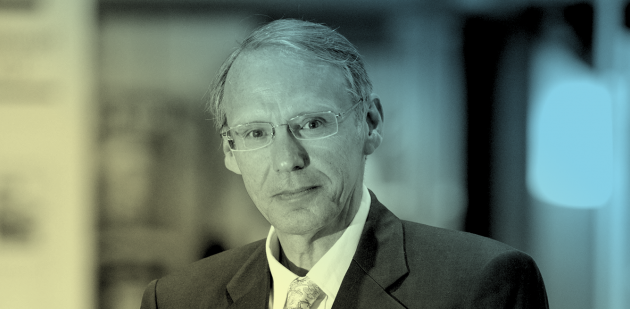The Lake Geneva region retains its best entrepreneurs thanks to a dynamic ecosystem.

Out of the 909 million Swiss francs of venture capital invested in Switzerland in 2016, over half was invested in “Health Valley”. Unlike IT start-ups, the best of which often leave Switzerland for the United States, these health companies are happy where they are. “Medical start-ups are typically more firmly rooted in their area because they often require highly advanced equipment. A company focused on digital applications can relocate more easily because they are less dependent on their equipment,” says Claude Joris, managing director of BioAlps, a life sciences cluster based in Geneva. The association’s database includes nearly 700 Health Valley companies. Only 20 have been struck from the list in the past few years, including companies that went bankrupt.
However, some departures, like that of Biocartis, a specialist in personalised medicine founded in 2007 in Lausanne that left for Belgium a few years later, show that the industry is not completely spared from the phenomenon. For one, foreign investment plays a critical role. Eighty-seven per cent of the venture capital that flows into Switzerland comes from outside the country. This isn’t bad in itself, but it’s important to not underestimate the influence that certain major investors can have on the structure of a young company, as Claude Joris explains.
According to the expert, two major factors can convince start-ups to stay. The first is partnerships. “The more companies partner with local actors like EPFL or CHUV, the harder it is for them to leave.” He pointed out that the Lake Geneva region is well equipped to take on this challenge.
“Here, there’s a real convergence between IT and the medical industry that creates a very dynamic and competitive environment.”
Funding is even more important. “Start-ups in the biotech or pharmaceutical industries must complete several steps before marketing a medical application. To do so, they need funding quickly — as much as several million Swiss francs,” he says. Federal Councillor Johann Schneider-Amman is very aware of the issue. He created the Swiss Entrepreneurs Foundation in July 2017. The goal is to raise 500 million Swiss francs from the private sector to support young entrepreneurs. Currently, UBS, Credit Suisse and the insurance provider Helvetia have provided over 300 million. Two other venture capital funds that focus on supporting young Swiss start-ups have also contributed: NanoDimension 3, which will receive over 200 million Swiss francs and is supported by Patrick Aebischer (former president of EPFL) as well as Medicxi, a new Geneva-based venture capital company that wants to invest 300 million Swiss francs in the life sciences sector here.
For Claude Joris, the incredible growth of companies like AC Immune, Sophia Genetics and MindMaze in the Health Valley ecosystem are very encouraging signs. MindMaze, which uses virtual and augmented reality to neurologically rehabilitate stroke patients, is one of the most prominent companies at the moment because it obtained unicorn status (i.e. it was valued at over one billion dollars) last year. “The fact that MindMaze recently bought another Vaud-based start-up, Gait Up, shows its involvement in the region and indicates that the market is mature,” he says. /